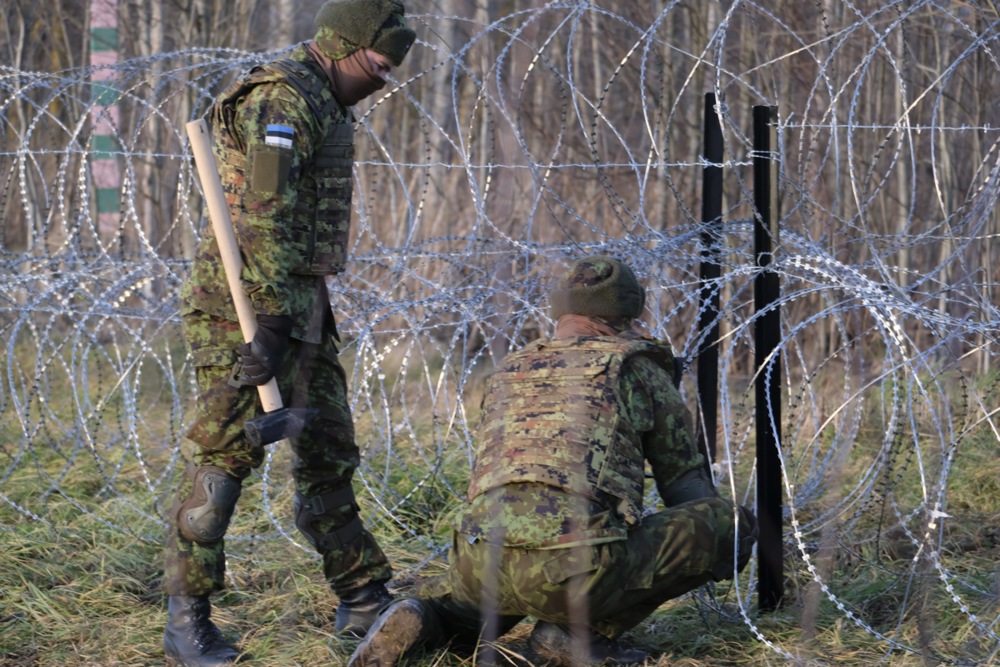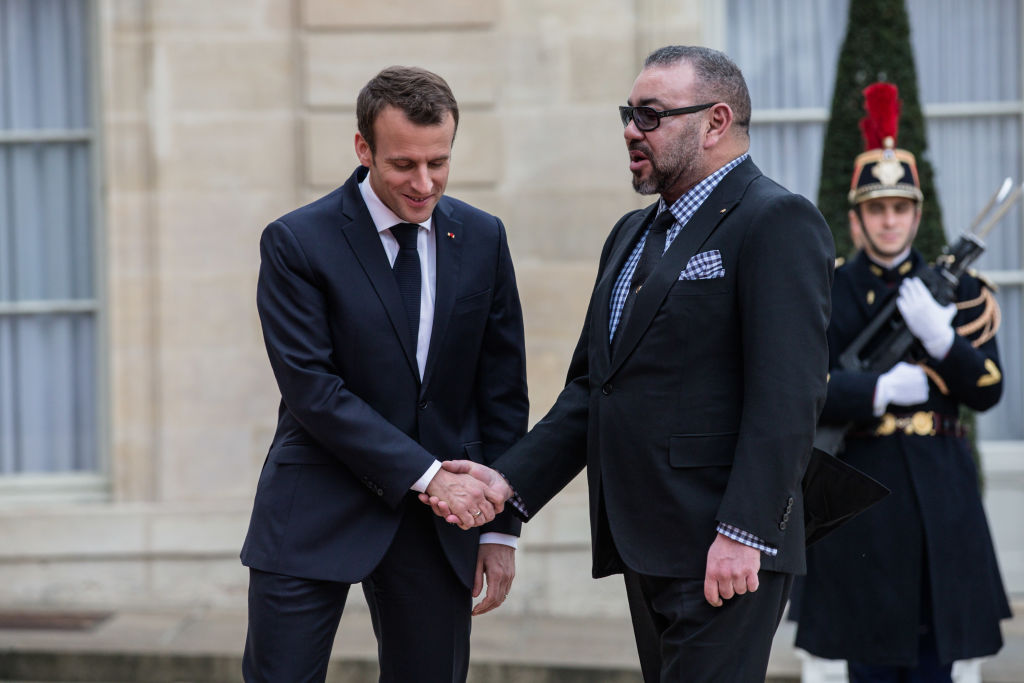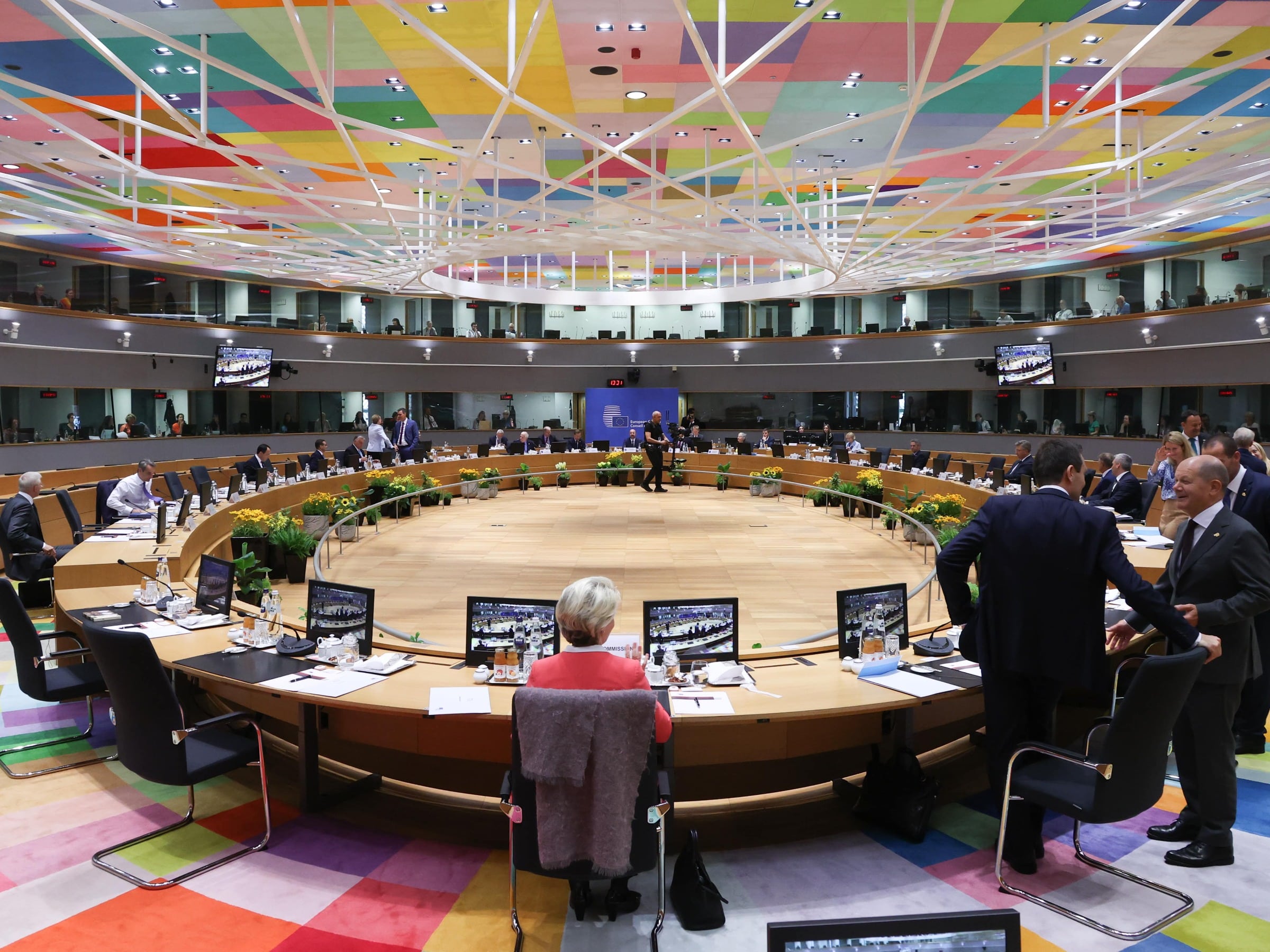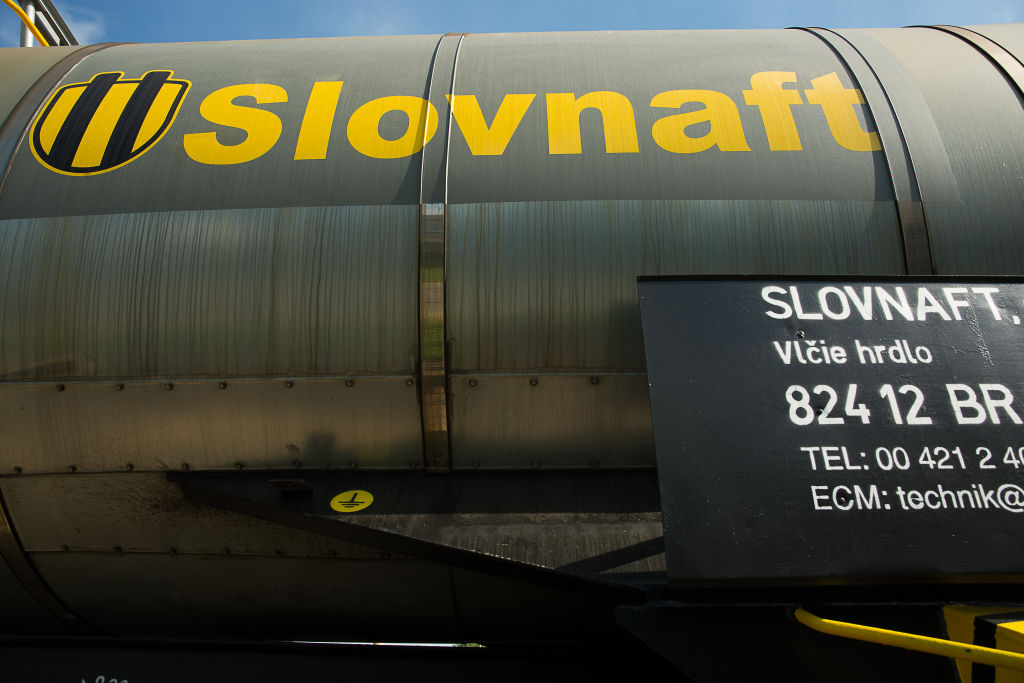An exchange involving 24 prisoners has taken place in Turkey – the first since the last major swap between the West and Russia in 2010 of 14 prisoners.
Among the European prisoners in the latest exchange on August 1 were:
Rico Krieger, Germany: In one of the highest-profile cases, Krieger, who formerly worked for the German Red Cross, was sentenced to death in June by a Belarusian court on terrorism charges. Accused of planting explosives on railway tracks, he was pardoned by President Alexander Lukashenko in a prelude to the swap.
Kevin Lick, Germany: The 19-year-old dual Russian-German citizen, the youngest person convicted of treason in Russian history, was sentenced to four years in jail in December 2023 for allegedly sending photos of a Russian military unit to German intelligence.
Demuri Voronin, Russian-German citizen: A political scientist sentenced to more than 13 years in a high-security penal colony for State treason, accused of passing classified information.
Patrick Schöbel, Germany: Accused of drug smuggling, Schöbel was awaiting possible conviction at the time of his release.
German Moyzhes: The Russian-German citizen, a lawyer assisting Russians in obtaining European Union residency permits, Moyzhes was arrested on charges of State treason. His trial was pending. He was known as an urban activist and pro-cycle campaigner in St Petersburg.
US Prisoners:
Evan Gershkovich: The 32-year-old American journalist and Wall Street Journal reporter was detained in March 2023 by Russia’s Federal Security Service on espionage charges.
Paul Whelan: A former US Marine, he was arrested at a Russian airport on charges of holding classified Russian military information. Whelan holds US, Canadian, British and Irish citizenship. He was sentenced to 16 years in a high-security penal colony.
Alsu Kurmasheva: The Russian-American was an editor working for Radio Free Europe and Radio Liberty, a broadcaster funded by the US Government. She was sentenced to six-and-a-half years in a Russian penal colony for “spreading false information” about the Russian Army.
Russia’s Returnees
Vadim Krasikov: A former colonel with the Federal Security Service (FSB), Krasikov was serving a life sentence in Germany for the assassination of a Chechen-Georgian dissident in a Berlin park. His case was labelled “State terrorism”.
Vadim Konoshchenok: Recently extradited from Estonia to the US on conspiracy and money-laundering charges, Konoshchenok was linked to the FSB and implicated in a scheme to procure sensitive electronics and ammunition for Russia.
Vladislav Klyushin and Roman Seleznev: Klyushin was serving nine years for cybercrime, while Seleznev, convicted of hacking and credit card fraud, was sentenced to 27 years. Seleznev’s planned release in a 2022 swap fell through.
Artem and Anna Dultsev: Convicted spies repatriated from Slovenia just a day before the exchange.
Mikhail Mikushin and Pavel Rubtsov: Mikushin, detained in Norway since 2022 for espionage, and Rubtsov, a military intelligence agent with the General Staff of the Armed Forces (GRU) who was arrested on the Polish-Ukrainian border.
This swap deal between Western leaders and Russian President Vladimir Putin has prompted mixed reactions in Europe and the US.
President of the European Council Charles Michel expressed his joy and pledged unwavering support for those “illegally detained by Russia”.
“You belong home with your families and loved ones!,” he said.
I welcome the release of 16 people unjustly jailed by the Russian regime. Alsu, Evan, Paul, Vladimir and others, you belong home with your families and loved ones!
I thank all those, also in Europe, who helped to make the diplomatic deal possible.
EU will continue supporting…
— Charles Michel (@CharlesMichel) August 1, 2024
“Their freedom should have never been in jeopardy,” said European Parliament President Roberta Metsola, underscoring the general consensus among European Union leaders.
“The EU will continue supporting and standing for all those illegally detained in Russia and elsewhere,” she added.
The European Commission President Ursula von der Leyen was more critical.
“The Kremlin swapped them [Western prison] for convicted criminals and murderers. This shows the stark difference,” she said.
I welcome the release of innocent citizens from EU & US and upright Russian democrats held captive in Russia.
The Kremlin swapped them for convicted criminals and murderers.
This shows the stark difference.
This is a moment of great joy for all who have fought for their…
— Ursula von der Leyen (@vonderleyen) August 1, 2024
Some US lawmakers echoed von der Leyen’s sentiments.
Critics feared freeing Russians convicted of serious crimes could encourage more hostage-taking by enemies of the US.
“I remain concerned that continuing to trade innocent Americans for actual Russian criminals held in the US and elsewhere sends a dangerous message to Putin that only encourages further hostage-taking by his regime,” said Michael McCaul, the Republican chair of the US House Foreign Affairs Committee.





